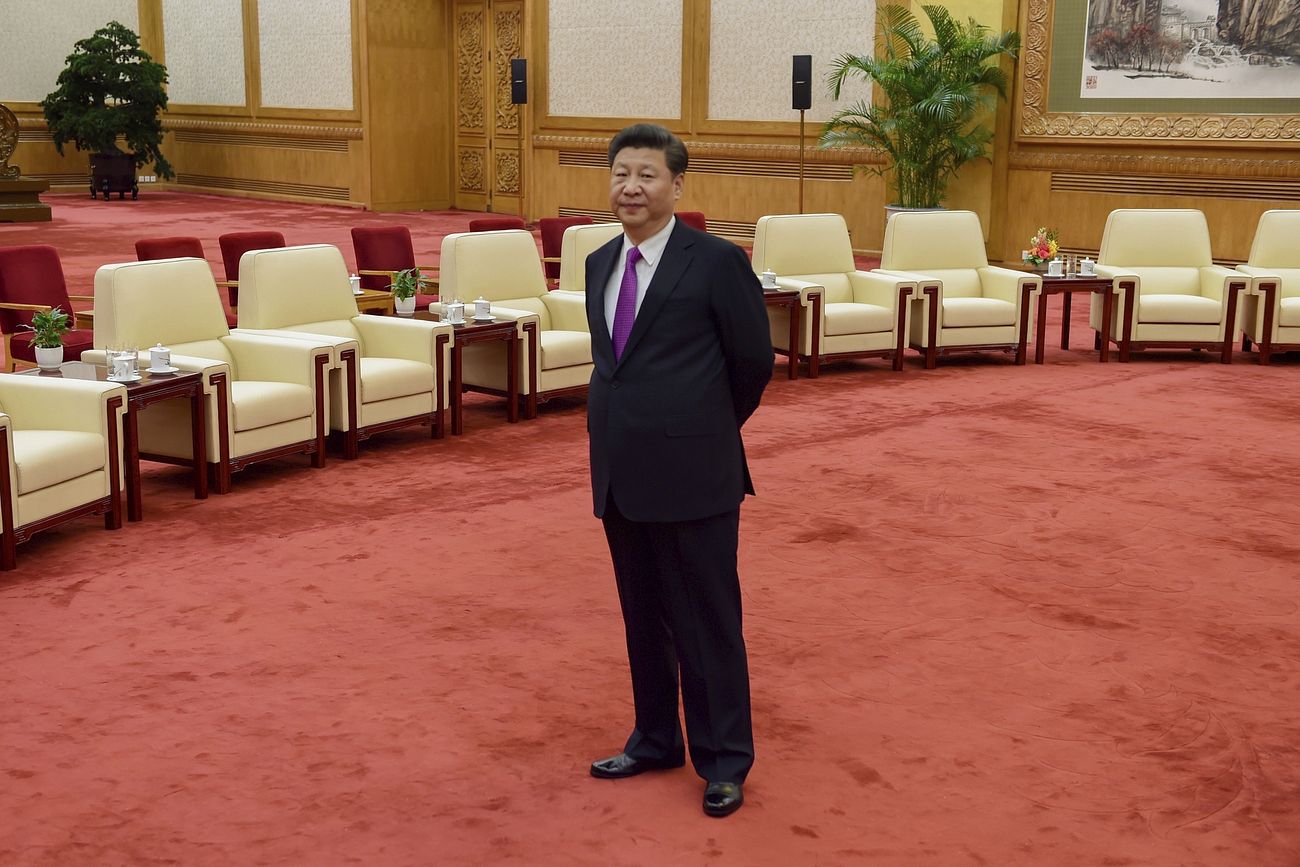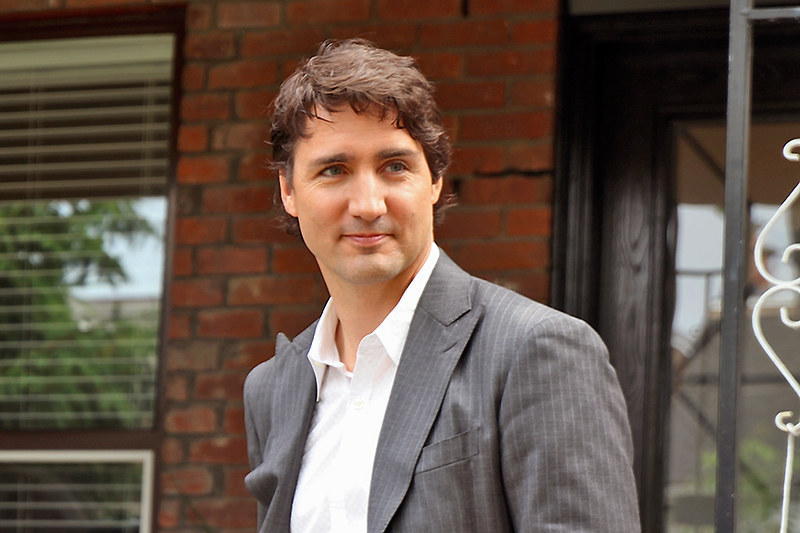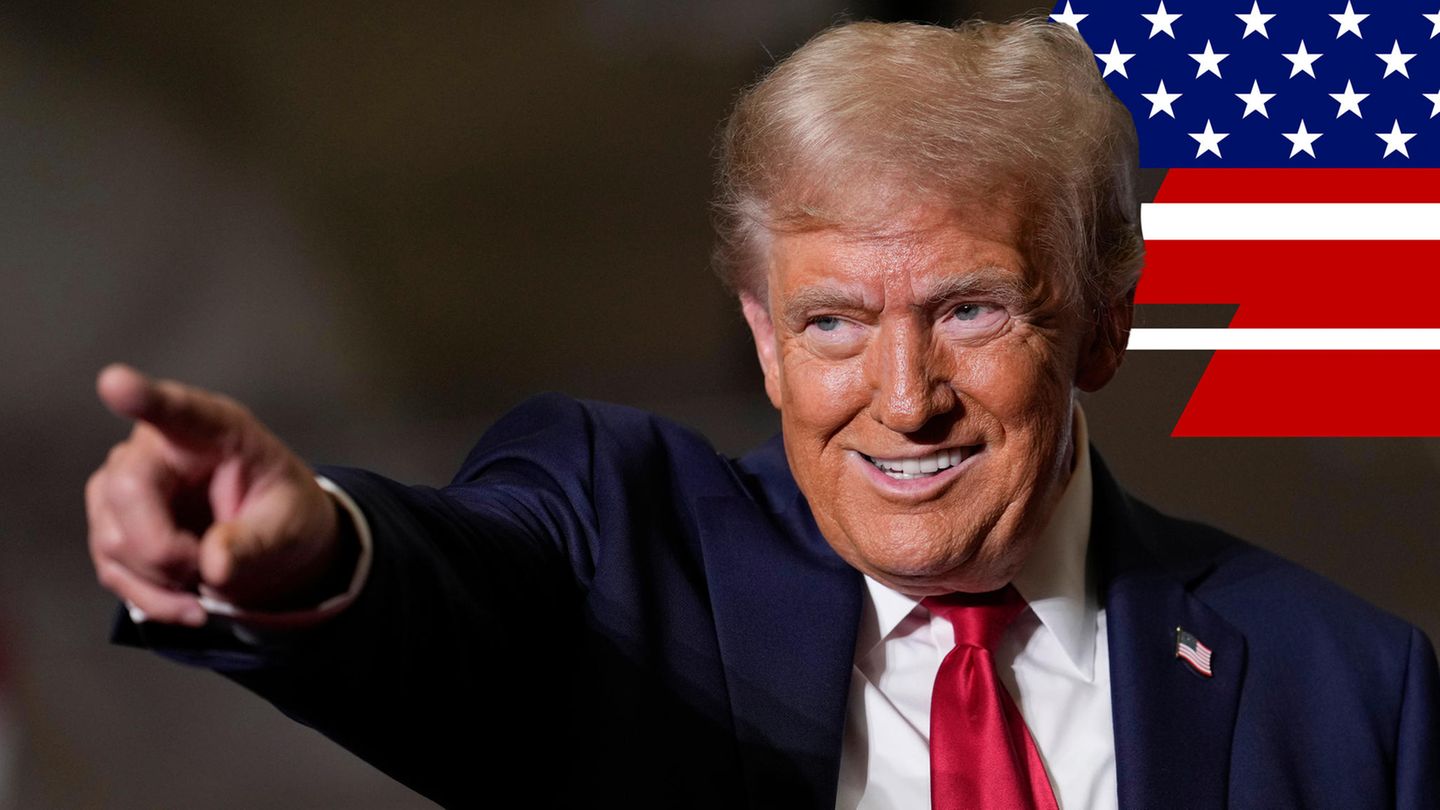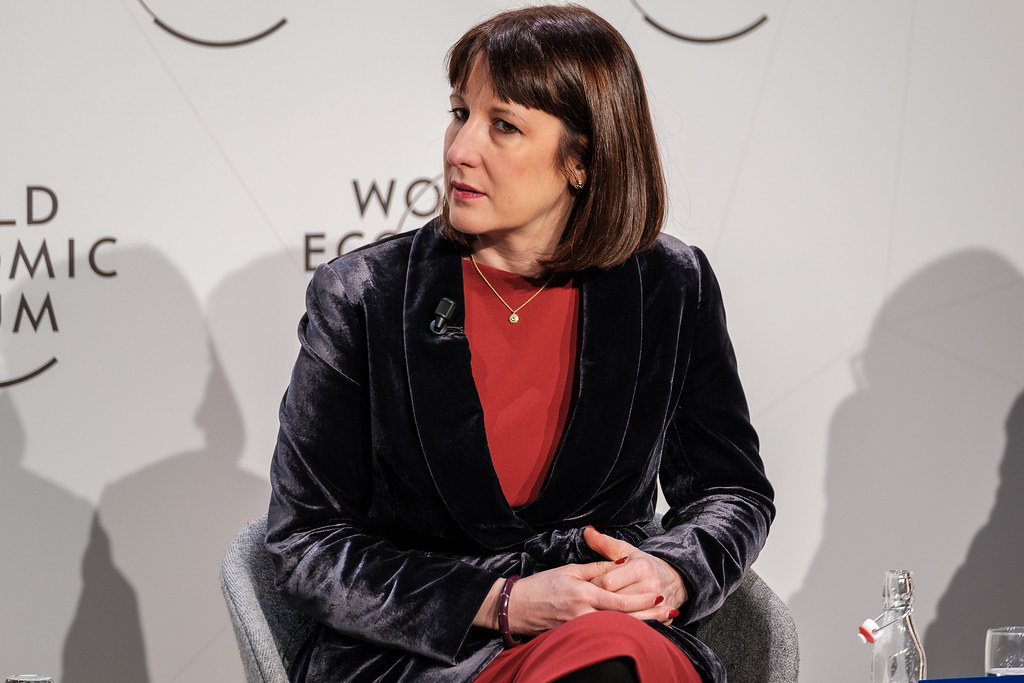In a significant development in U.S.-Canada trade relations, President Donald Trump announced a pause on planned tariffs for imports from Canada and Mexico for at least 30 days. This decision comes after discussions regarding trade and the ongoing opioid crisis, particularly the flow of fentanyl into the United States. The announcement was made via a tweet from Canadian Prime Minister Justin Trudeau.
Initially, Trump had planned to impose a 25% tariff on goods from both Canada and Mexico, alongside a 10% tariff on imports from China. Additionally, there was a proposal for a 10% tariff specifically targeting energy resources imported from Canada. However, following a phone call between Trudeau and Trump, the planned tariffs were put on hold.
Diplomatic Efforts and Fentanyl Crisis
Trudeau expressed optimism about the discussions, stating, “I just had a good call with President Trump.” He emphasized that the pause on tariffs would allow both nations to collaborate more effectively on addressing issues like fentanyl trafficking. As part of the agreement to combat this crisis, Canada has agreed to appoint a Fentanyl Czar.
The communication about the pause came just hours after Trump and Mexico’s President also confirmed the temporary halt on tariffs for imports from Mexico. This coordinated response highlights the importance of diplomatic relations in addressing shared concerns between the U.S. and its North American neighbors.
The pause on tariffs will last for one month, providing time for both countries to work together more closely. Trudeau noted in his tweet that “proposed tariffs will be paused for at least 30 days while we work together.” This collaborative approach aims to strengthen trade relations while tackling pressing public health issues.
What The Author Thinks
The temporary suspension of tariffs between the U.S. and Canada represents a prudent diplomatic gesture aimed at fostering stronger bilateral relations and addressing mutual concerns such as drug trafficking. By using diplomacy to negotiate trade and health issues, both countries demonstrate a commitment to resolving challenges through cooperation rather than confrontation, potentially setting a precedent for future international trade agreements.










